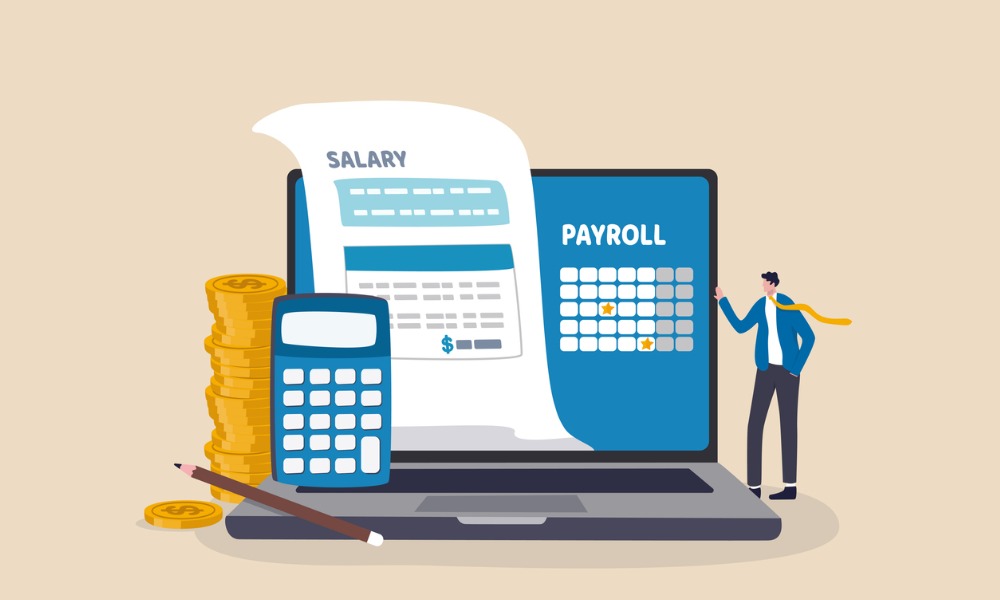New report shows employees' expectations influenced by work arrangements

A new survey has found a disconnect between Australian employers and employees over what benefits to introduce this year, as perks evolve to become an "expectation" in the workforce.
Robert Half's 2024 Salary Guide found that employees' benefit expectations are influenced by their work arrangements.
A majority of employees said they want their employers to provide financial allowance to work from home (61%) and commuting assistance or allowance for fuel (61%).
Others said they want:
- Meals provided (61%)
- A flexible benefits programme that allows staff to choose their perks (61%)
- Extra bonus (60%)
- Health insurance (58%)
"Employees no longer see some benefits as an extra but rather an expectation. The hybrid and remote workplace has strongly influenced the benefits employees expect with the in-office worker, the remote worker and the hybrid worker all wanting to be compensated across various work setups," said Nicole Gorton, director at Robert Half, in a statement.
Benefits from employers in Australia
Employees' sought-after benefits this year don’t seem to match the ones that employers are planning to provide this year, according to the report.
It found that nearly half of respondents plan to offer extra days off (46%), extended parental leave entitlements (45%), and extra superannuation contribution (45%) this year.
[Insert image: Employer benefits]
Source: Robert Half
Amid the disconnect, Gorton advised employers to get feedback from employees to have an idea on what benefits they value.
"Workplace satisfaction surveys can reveal what is most important to employees and provide them with an opportunity to raise new ideas that employers might not have thought of," the director said.
Benefits of benefits
She underscored that benefits can be an "important differentiator" for employees when accepting a job offer, especially when the salary isn't spot on.
"As well as providing value for employees by financially offsetting some of their work-related costs, perks and benefits also provide value for employers who may not be in the position to offer increased salaries," she said.
However, this doesn't mean employers should stop at increasing benefits as a measure for attracting and retaining talent.
"Companies, however, can't be complacent and need to regularly review their remuneration policy to meet the modern needs of employees with hybrid or remote working benefits being high on the wish list in today’s market," Gorton said.
Robert Half's survey polled 500 hiring managers, including 100 CFOs and 100 CIOs, as well as 1,000 office workers across Australia.








